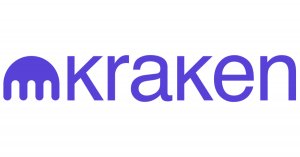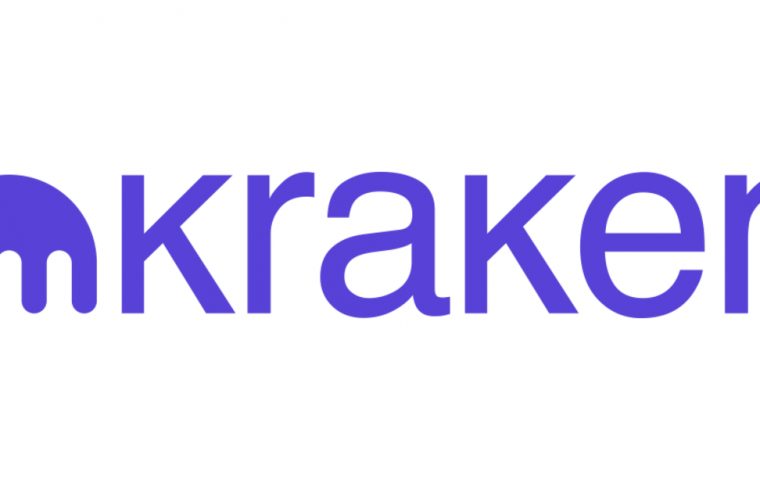Digital currency exchange Kraken will close down its operations in Abu Dhabi, UAE and lay off the majority of its team focused on the Middle East and North Africa.

According to a Bloomberg report, the move comes as part of a retrenchment that involves cutting almost a third of its global workforce, another sign of consolidation in the battered crypto industry.
Kraken said it would cease crypto trading services in the United Arab Emirates’s currency and customer deposits denominated in AED will be automatically converted into dollars and can then be withdrawn. However, existing users in the region will still be able to use other fiat currencies to trade on its platforms.
Kraken MENA managing director Benjamin Ampen and nearly eight employes will lose their jobs as the UAE office shuts down, a spokesperson said.
Kraken’s departure comes barely 10 months after it received the Financial Services Permission (FSP) from the Abu Dhabi Global Market’s (ADGM) regulator back in April 2022. The exchange, which claims a client base of more than 9 million across 60 countries, has also chosen the ADGM free zone to establish its Middle East headquarter.
Obtaining an MTF license enabled the Kraken-owned firm to expand in ways that more closely resemble a traditional exchange, integrating multiple third-party buyers and sellers. The approval allowed Kraken to provide a full-fledged regulated eco-system for virtual assets approved by the Financial Services Regulatory Authority (FSRA), including services such as trading, settlement, custody, and wallet services.
The San Francisco-based company was also one of the few platforms in the UAE that operate with its own order book and liquidity, which enables it to provide clients with tighter spreads and less commission. Additionally, it was the first crypto exchange to offer UAE investors the ability to invest, trade, withdraw and deposit virtual assets (Bitcoin and Ether) directly in local AED currency.
Kraken also halted its trading services for Japanese residents in December, citing the current market conditions in the country and a weak crypto market globally. The Japanese subsidiary of Kraken, Payward Asia, was awarded a license to trade as a crypto-asset exchange operator under the Payment Services Act. In addition, the firm has secured its membership of the Japan Virtual Currency Exchange Association (JVCEA), the self-regulatory organization that has the mandate to oversee the industry.
Interestingly, Kraken’s exit came shortly after rival Binance acquired Japanese-registered crypto exchange service provider Sakura Exchange BitCoin (SEBC).












